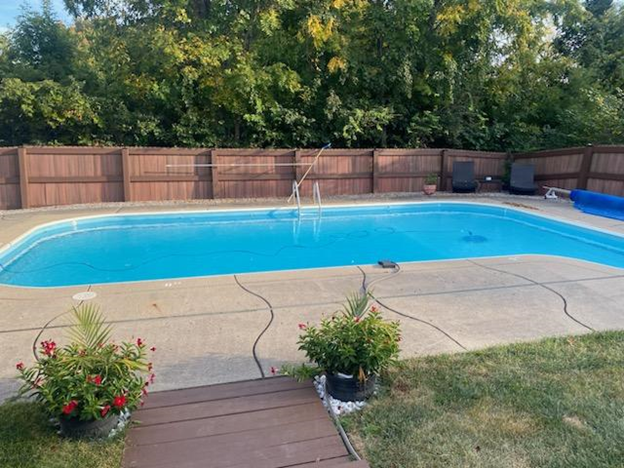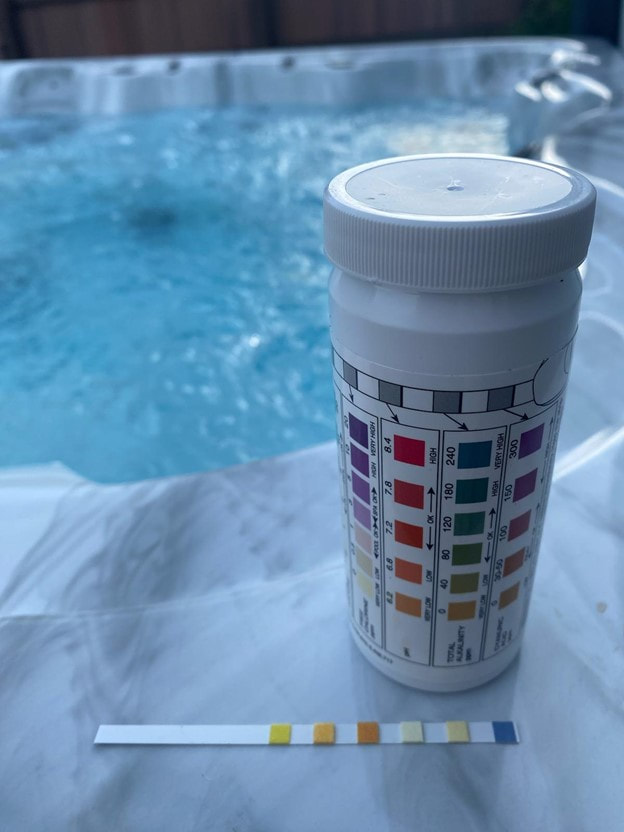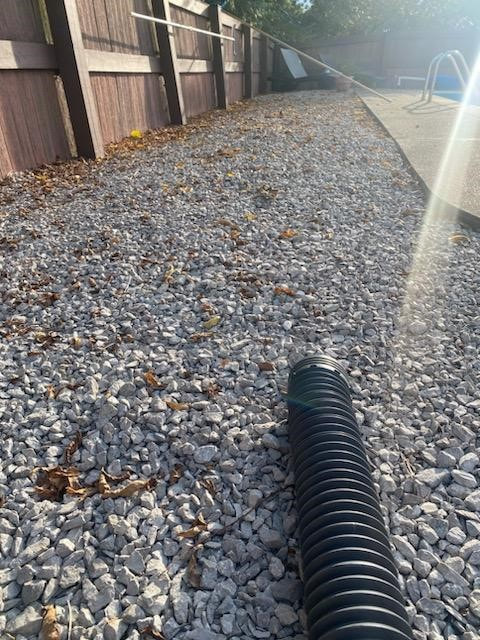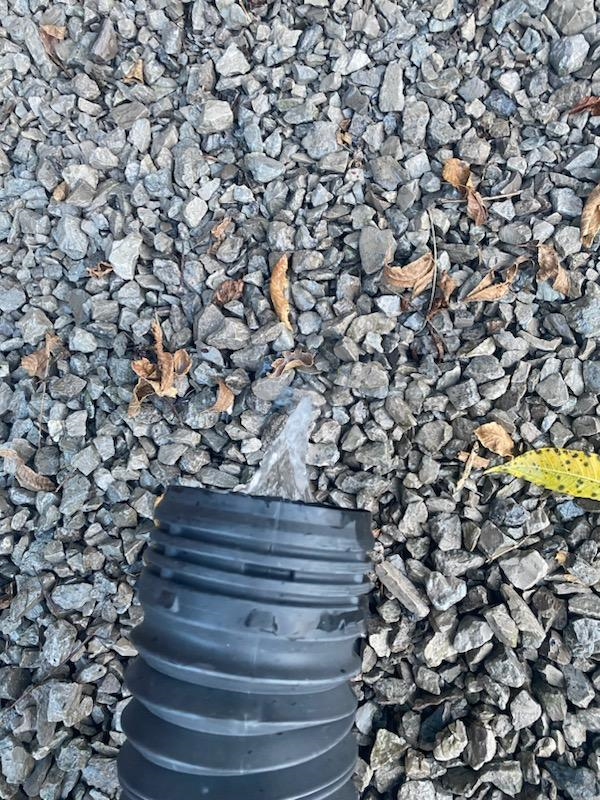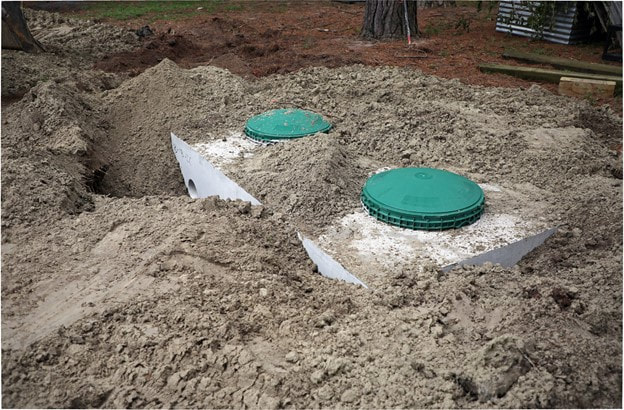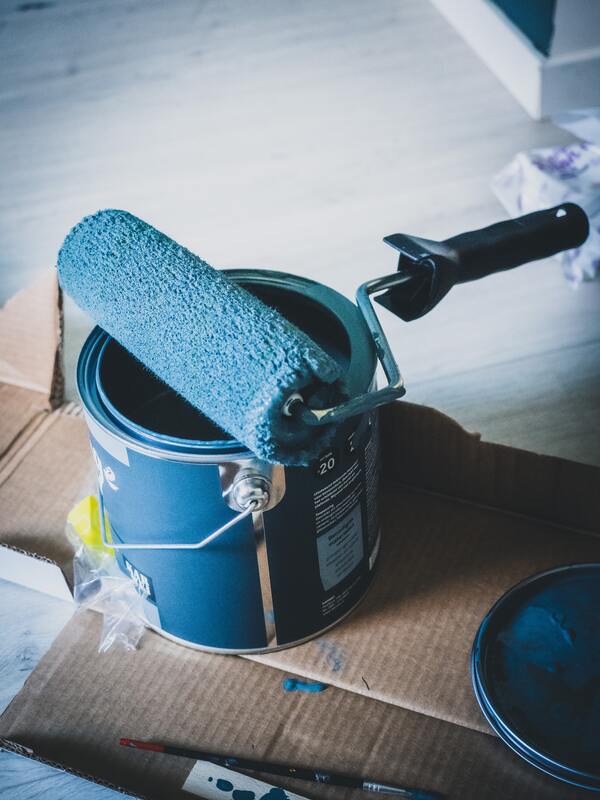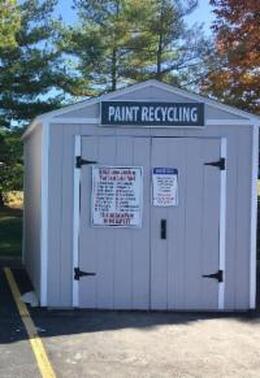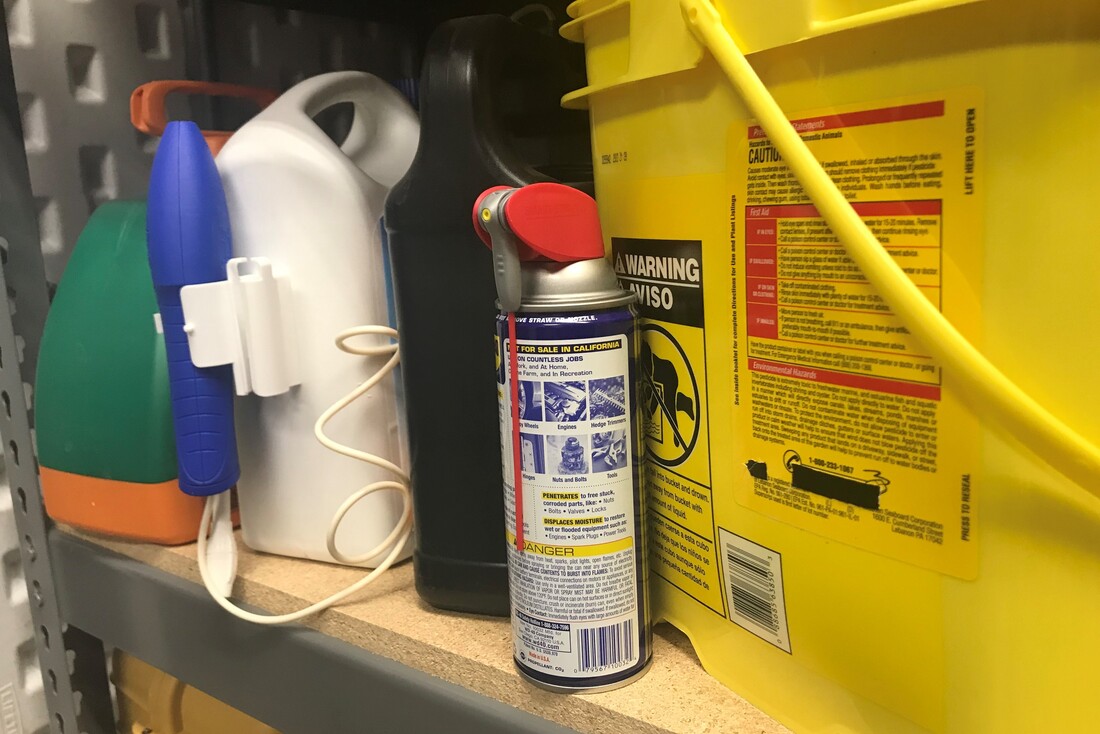|
We hate to be the bearers of bad news, but the end of summer is quickly approaching. While that means pumpkin spiced lattes, football, and changing leaves are all around the corner, it might also mean you are thinking about closing your pool for the season. There are several things you should consider when preparing for the end of the season to help protect the natural resources and infrastructure in your area. Draining Pool Water 101 1. Make Sure Pool Water is Chemical-Free Before Draining Let pool water stand for a week (7 days) without adding any additional chemicals. This allows for chlorine to dissipate from the water. The pH range should be between 6.5 and 8.0 and residual chlorine/bromine needs to be less than 1.0 mg/l (ppm) before discharging. You can use a home test kit or strips to verify levels. Before draining, also clear as much sediment, debris, leaves, etc. from the pool water as you can. Note: Any pool chemicals, pool filter backwash, and saltwater pool discharges are prohibited from being discharged in stormwater systems and drainage channels leading to steams. Water that is conveyed through stormwater systems is not treated prior to being discharged into natural waterways. 2. Be Mindful of Where You are Draining Once pool water is free of all chemicals, the water should be discharged over landscaped area, lawns, or woods. These areas soak up water better than bare soils and helps to prevent erosion and sediment runoff. This practice also prevents picking up additional contaminants off hard surfaces like roadways or sidewalks. Be sure to keep the discharges on your property to prevent hardship to any neighbors. 3. Do Not Drain Everything at Once Rather than a fast moving, concentrated stream, the best practice is to drain the water slowly over a few days to allow for the absorption of water into the ground. Spreading the water out over an area can also help to prevent erosion from the discharge. If draining from a hose, move the hose around to prevent continued saturation in one area. 4. Do Not Drain Pool Directly into Septic System This can overwhelm the system and cause failures. Failed septic systems can discharge waste that has not been properly treated and pollute stormwater systems and natural waterways as well. Photo Credit: Virginia Sea Grant Bonus Tip to Protect Your Natural Waterways :
Make sure your pool chemicals are stored in labeled and lidded containers in a secure and dry storage area. Make sure that you are disposing any leftover chemicals or storage containers according to the direction on the container. For more information on proper pool closure, contact our office at 513.695.1337
2 Comments
When paint is not stored or disposed of properly, paint can become a hazardous waste! To avoid health and environmental hazards, using, storing and disposing of paint should be done correctly. Understanding Paint Components: According to University of Missouri Extension, most paint has four components: resin, solvent, pigment and additives. To determine the hazardous ingredients of paint, request a Material Safety Data Sheet from the retailer when you buy it. The resin is the main ingredient and forms a coating or film on the surface being painted. This typically non-hazardous component includes linseed, acrylic or other synthetic resins. The solvent keeps the paint in a liquid form until the solvent evaporates after the paint is applied. The solvent in oil-based paint is derived from a petroleum distillate and can include such hazardous ingredients as mineral spirits, toluene and xylene. The solvent in latex paint is water. Pigments provide the color and opacity or covering power. The major pigments used presently are titanium oxide, iron oxide, calcium sulfate, clay or silicates. These pigments are relatively nontoxic. Some highly colored pigments may contain heavy metals such as chromium, cadmium or arsenic. Paints purchased before 1977 may contain lead in the pigment. Lead, also a heavy metal, is poisonous. Do not use paint purchased prior to 1977. To determine if the painted surfaces in your home contain lead, contact your local health department or a lead paint removal contractor. Paint may also have additives. Some types of additives include stabilizers that prevent paint deterioration in the can, dryers that assist in the formation of the paint coating, thickeners that aid in application, and preservatives that inhibit the growth of molds. The additives can range in composition, including both hazardous and non-hazardous ingredients. Some latex paints contain a mercury-based fungicide preservative. Mercury is a heavy metal that is highly toxic. Paints containing mercury produced since August 1990 had to be labeled exclusively for exterior use. Proper Paint Storage:
For questions regarding Warren County Soil and Water Conservation District programs and/or technical assistance on water or soil questions, visit http://warrenswcd.com or call, 513-695-1337.
Products in our homes and garages that are flammable, toxic, corrosive, or reactive are considered household hazardous waste. Products such as pesticides, paints, pool chemicals, CFL light bulbs, cleaners, oils, automotive fluids, thinners/strippers, acids/bases, and batteries require special care when disposing of them and can catch fire, react, or explode under certain circumstances.
Why is household hazardous waste a problem? Household hazardous waste poses many dangers ranging from personal exposure to the substances during use, to contamination of water resources from improper disposal of chemicals down a storm drain or into a ditch, where they can be transported directly to bodies of water. According to the Environmental Protection Agency, the average home can accumulate as much as 100 pounds of hazardous waste! That’s 100 pounds of household chemicals with labels that say: poison, corrosive, toxic, flammable, or keep out of reach of children/pets, in your home. Paint is one of the most common household wastes and can be the most confusing to deal with. First, read the label and identify whether the paint or stain is water-based or oil-based. Water-based products can be disposed of in your regular trash, but must be hardened first using kitty litter or other paint hardening product. Be sure to leave the lid off the can so your waste hauler can confirm the product is dry or else they may refuse to collect it. If the product is oil-based it is considered a hazardous waste and should be taken to hazardous waste center where it will be properly recycled or disposed. Warren County has a latex paint only recycling drop-off location in Lebanon. This is open weekdays and is for Warren County residents only. Questions regarding the drop-off site should be directed to the Warren County Solid Waste Management District, 513-695-1209. What should you do with household hazardous waste if you have it or plan on using it?
Additional Resources:
|
Details
Warren County SWCD Staff BlogA blog to keep you informed on all the latest news at Warren County SWCD and in the conservation world. Archives
May 2024
Categories
All
|
|
|
Contact:PHONE: (513) 695 - 1337
EMAIL: [email protected] HOURS: Monday - Friday 7:30am - 4:00pm (except holidays) Connect:Warren County Soil & Water Conservation District Copyright © 2016
Warren SWCD Privacy Notice. Emails are serviced by Constant Contact. Constant Contact's Privacy Notice. |
